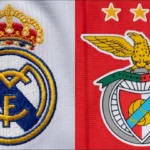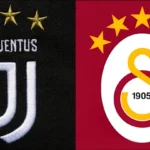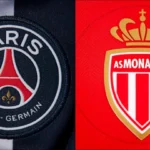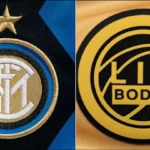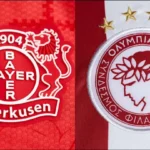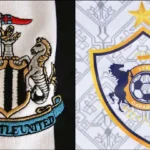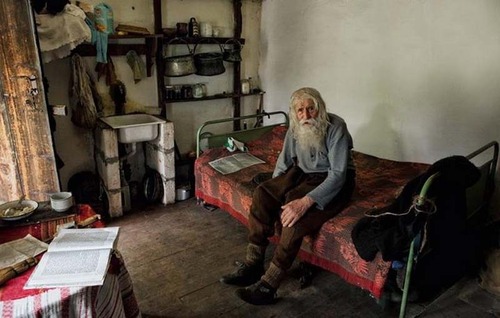Dobri Dimitrov Dobrev (Bulgarian: Добри Димитров Добрев, pronounced [ˈdɔbri dimiˈtrɔf ˈdɔbrɛf]; 20 July 1914 – 13 February 2018), better known as Grandpa Dobri, Elder Dobri (Bulgarian: Дядо Добри, romanized: Dyado Dobri) or The Saint of Bailovo, was a Bulgarian ascetic who walked over 20 kilometres (12 mi) each day to sit or stand in front of the Cathedral of Alexander Nevsky in Sofia to collect money for charitable causes. Dobrev donated all the money he collected to charities, orphanages, churches, and monasteries. He turned 100 in July 2014In Bulgarian, his name translates as “good” or “kind”.
Over the years, Dobrev became detached from the material aspects of life and devoted himself entirely to the spiritual world, specifically in the Orthodox faith. Around the year 2000, he decided to donate all his belongings to the Orthodox church when he began to live very modestly in a small extension to the Saints Cyril and Methodius parish church in his native village of Bailovo. About that time, he embarked on his mission to raise funds for the restoration of churches and monasteries across Bulgaria. It is this new direction in life and the example he gave with his asceticism that led many to call him The Saint of Bailovo.
98 year old dobri dobrev, a man who lost most of his hearing in the second world war, has traveled 25 kilometers every day for decades from his village in his homemade clothes and leather shoes to the city of sofia – a trip he made by foot until recently – where he spends the day begging for money.


Dobrev’s fame is now spreading outside of Bulgaria as his story is disseminated via the Internet. For example, one laudatory web description of Dobrev states:
Elder Dobry has been raising money for decades to restore churches throughout Bulgaria. He is not afraid of cold and bad weather, does not
worry that he will remain hungry. He is not angry at people’s indifferent to his work. The old man radiates kindness and meekness. He is ready to kiss the hand of a who has dropped a coin into his box, to talk about God with every passerby, to give thanks for the charity.
But Elder Dobry is not a beggar. He does not rely on strangers to save his body, but he wants to save their souls. A man like him cannot be called a beggar who has forgotten his needs and is raising money for a lofty mission, far from the material benefits of life. To donate to the church means to bestow to the generations, to faith in a godly future to build a benevolent Bulgaria. This is what Elder Dobry thinks he does without expecting gratitude. He respects people. He sees the world around him is selfish, but he doesn’t get upset and instead provides an example with his donations. So many people worship the faith of the man who doesn’t take money. We don’t know much about Elder Dobry’s life. He does not want fame and does not want to divulge details of his daily life. It’s enough for him people to know he is a good person who collects money and donates it to the Bulgarian churches and monasteries.
